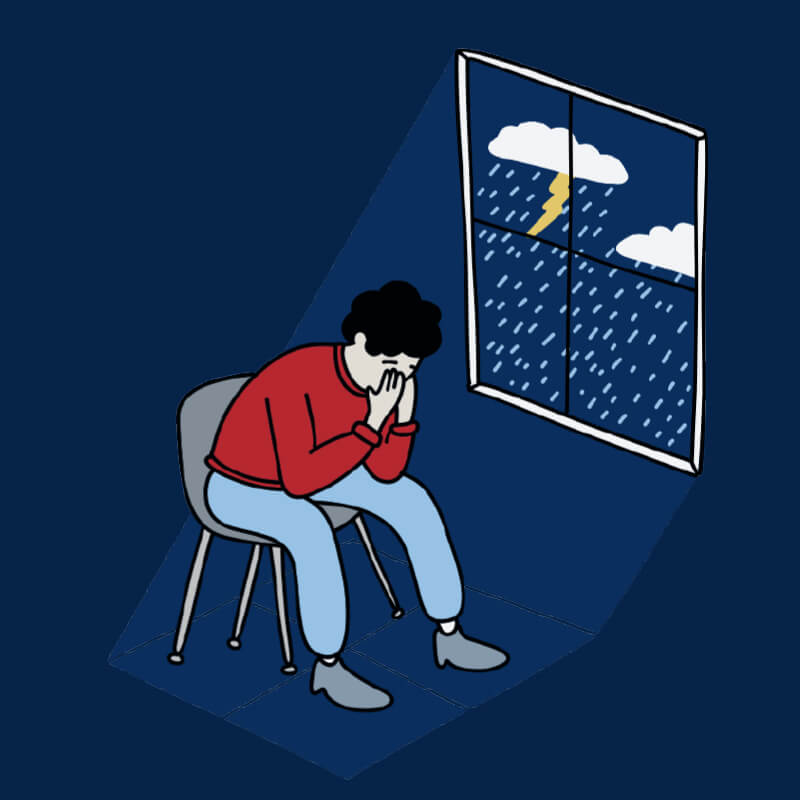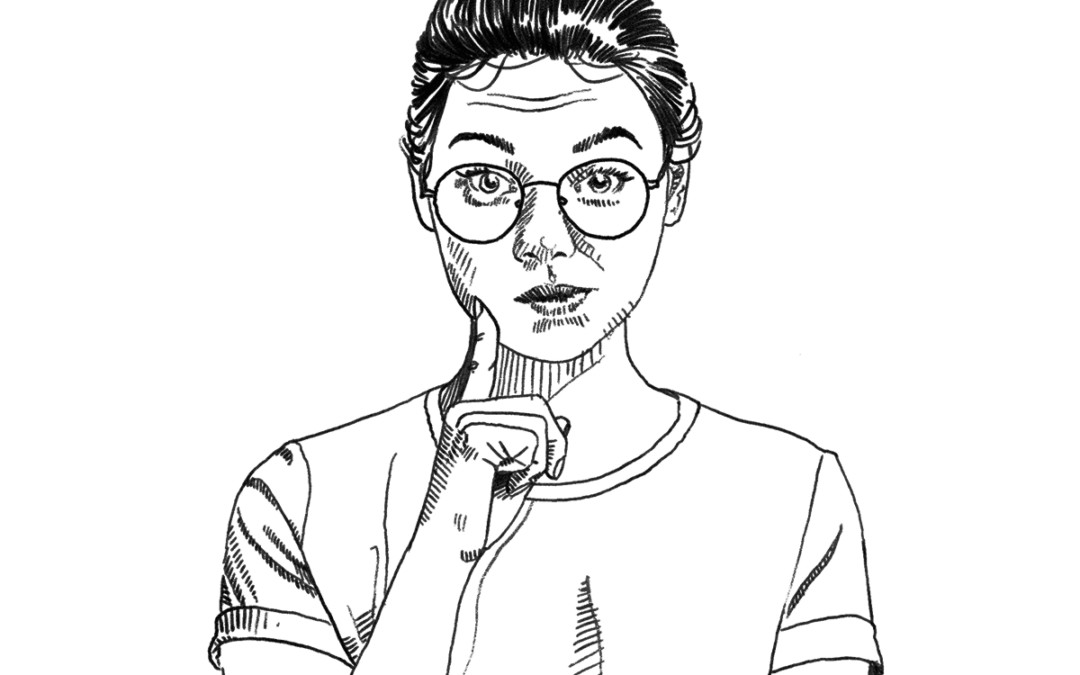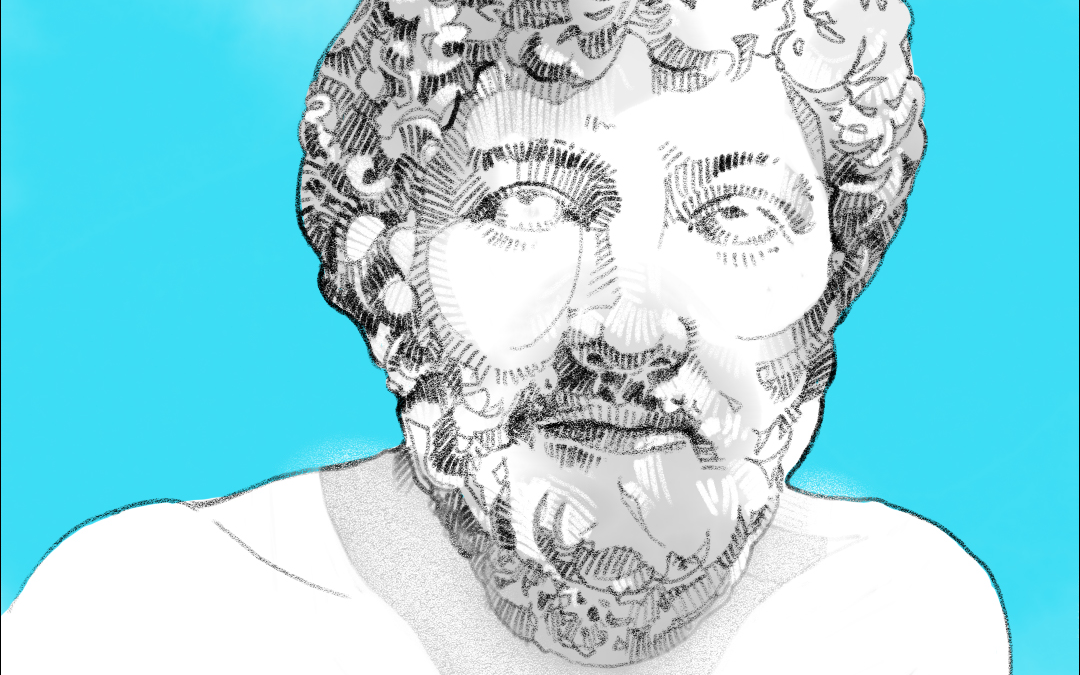In our Dictionary of Cognitive Equations, we offer a formula for Suspense — an experience prevalent among individuals living with intense chronic and acute diseases.
Suspense is a captivating cognitive and emotional state that keeps us engaged and emotionally invested in various aspects of life. From thrilling narratives to personal journeys, suspense is an intense experience.
Join us as we explore the social psychological concept of suspense as the cognitive equation:
Equation:
Suspense = Uncertainty + the Simultaneous Experience of Hope and Fear
Because suspense regularly rears its head in our patient research, we’d like to emphasize the experience of suspense in the lives of individuals facing chronic diseases, their journey with the illness, and the treatments they undergo.
The Nature of Suspense: Suspense is a psychological state characterized by anticipation, anxiety, and a heightened sense of arousal. It is often triggered by uncertain or unknown outcomes. For those living with chronic diseases, the uncertainty of their condition and the impact of treatments can create a pervasive sense of suspense. At its core, the journey becomes an experience of hope and fear mixed with uncertainty.
Uncertainty – The Constant Companion: Chronic diseases often bring a host of uncertainties into one’s life. The unpredictability of symptoms, disease progression, and response to treatments can leave individuals on edge. The uncertainty of what lies ahead generates a cognitive tension, much like a suspenseful story. It keeps individuals engaged, constantly seeking answers and seeking to create a sense of control over their situation.
Hope – A Light in the Darkness: Despite uncertainty, hope emerges as a powerful force. It represents the desire for positive outcomes, better health, and improved quality of life. Hope becomes a guiding light, motivating individuals to persevere through their challenges. It offers the possibility of effective treatments, remission, or managing the disease to lead a fulfilling life. Hope fuels resilience and determination in the face of chronic illness.
Fear – The Shadows of Doubt: Fear accompanies hope in the experience of suspense with chronic diseases. Fear manifests as concern about the disease’s impact on physical and mental well-being, treatment efficacy and side effects, potential limitations, and the future. Fear can give rise to anxiety, stress, and emotional turmoil, intensifying the suspenseful journey. It’s a reminder of the potential consequences and the need for cautious optimism.
Simultaneous Experience: The Rollercoaster of Emotions Living with a chronic disease is an emotional rollercoaster. The simultaneous experience of hope and fear creates emotional ambivalence. Hope may shine brightly in one moment, motivating individuals to pursue treatments and embrace lifestyle changes. The next moment, fear may cast a shadow, triggering concerns and doubts. The oscillation between hope and fear keeps individuals engaged, emotionally invested, and actively seeking ways to manage their condition. Of course, cognitive uncertainty accompanies this ambivalent experience of hope and fear, making suspense a truly complex experience.
In conclusion, the experience of suspense, as the cognitive equation of uncertainty plus the simultaneous experience of hope and fear, is not limited to thrilling narratives alone. Individuals facing chronic diseases often embark on suspenseful journeys, navigating uncertainty, hope, and fear at every turn.
By recognizing and understanding the psychological dynamics of suspense, patients and those who support them can work together to cultivate resilience, cope with uncertainties, and foster a sense of hope amidst the challenges of chronic illness.








